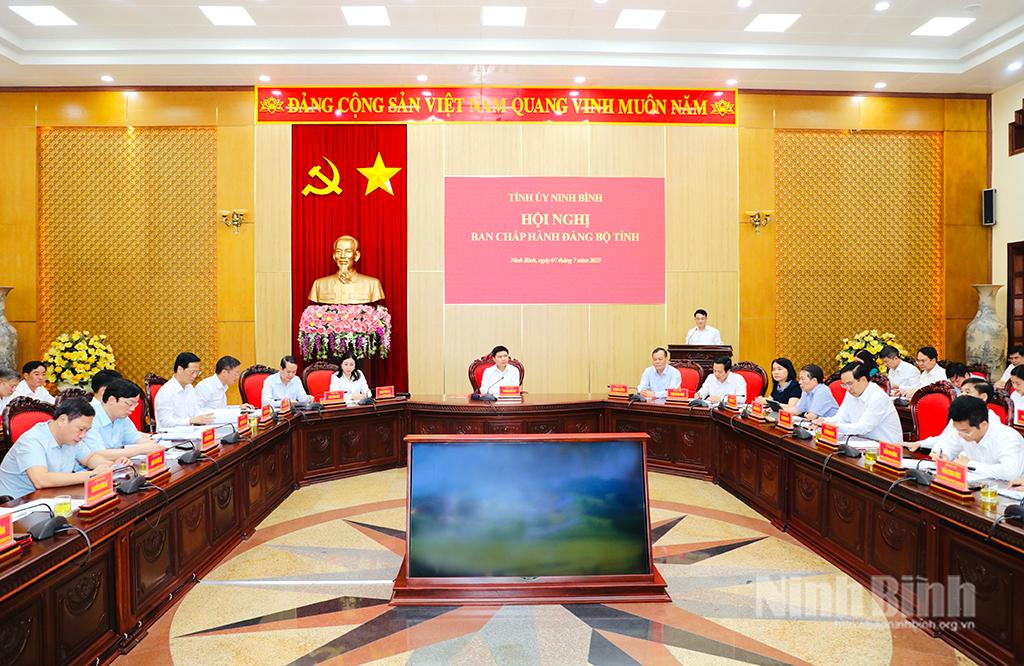Vietnam's active and responsible contributions to the international community

This is an important external activity to implement the foreign policy of independence, self-reliance, multilateralisation and diversification of relations. Vietnam is a friend, reliable partner and responsible member of the international community. Its efforts have strengthened its international position and made great contributions to the UN's operation.
Vietnam officially joined the UN on September 20, 1977. Since then, Vietnam-UN relations have seen continual development. When Vietnam was struggling in the aftermath of the war and re-organising its economy, the UN actively assisted Vietnam in overcoming numerous difficulties. The co-operation with the UN has enabled Vietnam to promote the advancement of science and technology, restore production and enhance development capacity. Since Vietnam began economic reforms in 1986, the country has received increasing aid from the UN.
During the 1980s, UN aid accounted for nearly 60% of Vietnam's foreign aid. UN-funded projects have helped the Vietnamese Government to formulate development policies and enhance management capacity. In the early years of the 21st century, UN aid focused on projects related to poverty reduction and social policies, reform and development management, environmental and natural resources management, and public administration and resource mobilisation.
When implementing the foreign policy of multilateralisation and diversification of relations, Vietnam viewed the UN forum as a medium to promote relations with UN agencies, other countries and international organisations. Most notably, Vietnam successfully fulfilled its role as a non-permanent member of the UN Security Council during the 2008-2009 term. This was the first time that Vietnam was elected to the most important UN agency on peace and security, coming at a time when the UN Security Council was dealing with a great deal of work regarding complex security issues, new global challenges and the negative effects of the global financial crisis.
Vietnam has adopted many important UN documents, such as the Chemical Weapons Convention (1998), the Comprehensive Nuclear-Test-Ban Treaty (1996) and the Conference on Disarmament. Vietnam has participated actively and substantively in UN policy formulation mechanisms in its assumed roles of Vice President of the UN General Assembly (1997), member of the UN Economic and Social Council (1998-2000), member of the UNDP/UNFPA Executive Council and member of the Board of Governors of the International Atomic Energy Agency (IAEA) for many terms. Recently, Vietnam was elected Chair of the IAEA Board of Governors for the 2013-2015 term.
The tripartite co-operation model on rice cultivation between Vietnam, FAO and Senegal has been widely replicated and is considered a typical example of South-South co-operation. Last January, construction began on the Green One UN House, marking a new milestone in the Delivering as One initiative and affirming the Vietnamese Government's strong commitment to efforts to reform the United Nations.
At a time when the globe and region are seeing complex developments and new challenges, the 68th session of the UN General Assembly is reviewing the implementation of the millennium development goals; initiating the process to design the Post-2015 UN Development Agenda and Sustainable Development Goals. Prime Minister Nguyen Tan Dung's working trip is a step towards deeper international integration, thus enhancing the position of Vietnam in the international arena and making greater contributions to UN activity and participating in the resolution of global and regional challenges.
May the attendance of Prime Minister Nguyen Tan Dung at the high-level meetings of the 68th session of the UN General Assembly be successful, thereby lifting Vietnam-UN relations to a new height, contributing to world peace, stability and development.
(Source: nhandannewspaperonline)


